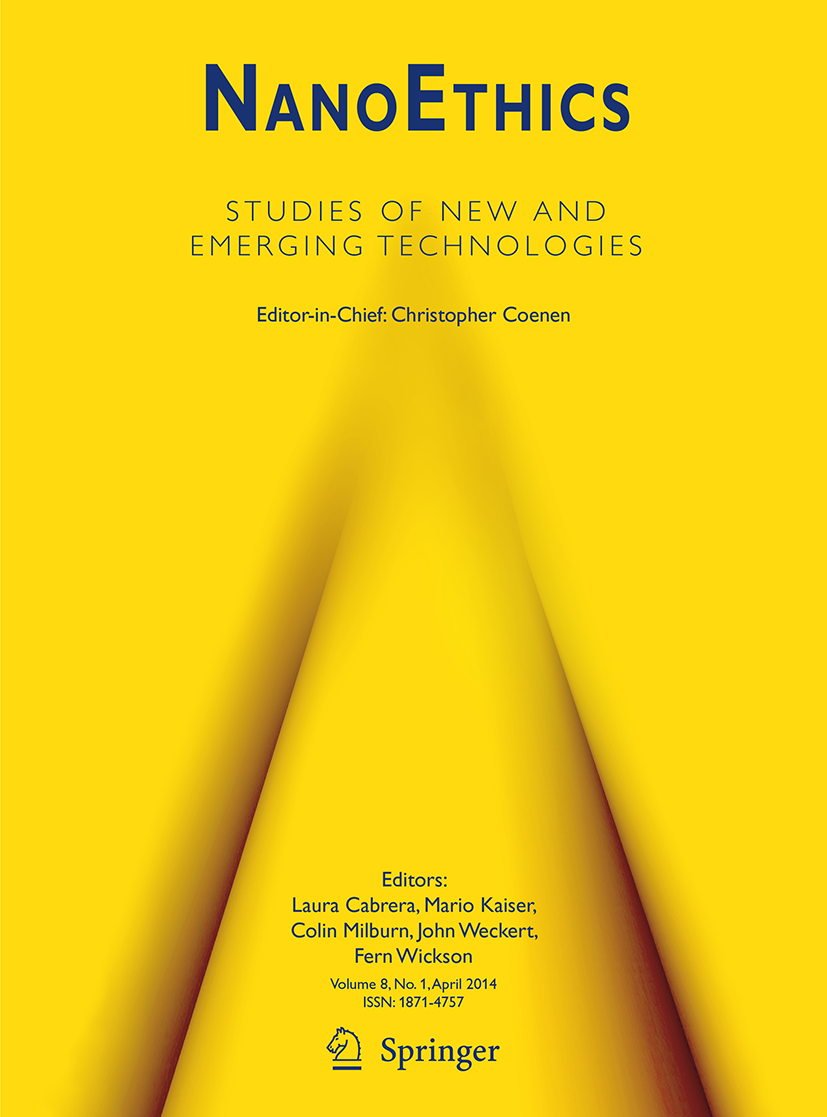Exploring neurotechnology and disability through film

Neurosciences and neurotechnologies are rapidly advancing and raising complex ethical and societal questions. While these developments hold promise for medical applications and enhancements alike, they also bring challenges that require critical reflection from those who will engage with them in academic, professional, and policy-making contexts.
In this article, titled “Perception and reaction of undergraduate critical disability studies students to six short films depicting neuro-advancements”, Chiara Salvatore, Sehar Samiwe, along with their professor Gregor Wolbring as well as Markus Schmidt and Sandra Youssef from Biofaction, analyzed how short (non-)fictional films from the BIO·FICTION Film Festival helped critical disability studies students reflect on the societal impacts of neurotechnologies.
With 89 undergraduates participating across three courses, who viewed a selection of six films, their findings show:
- Films effectively engaged students in thinking about neuro-advancement and disability.
- Students appreciated the format — but wanted more space for discussion and reflection.
- Film-based pedagogy can play a powerful role in science, tech, and ethics education.
Read the full article here: https://lnkd.in/dtZfD8rU